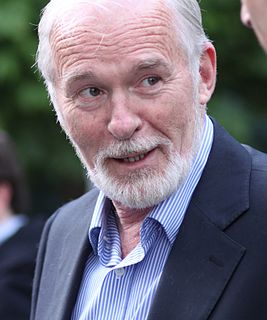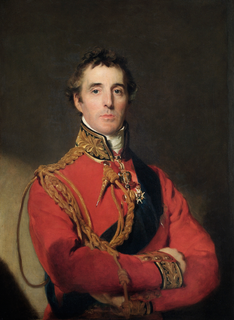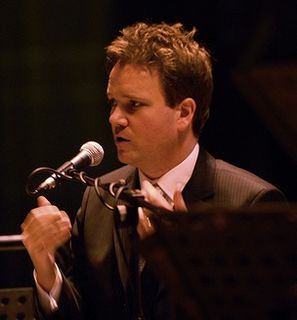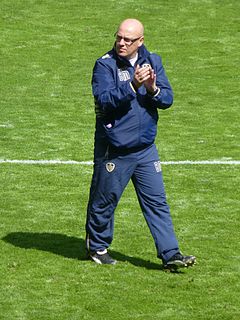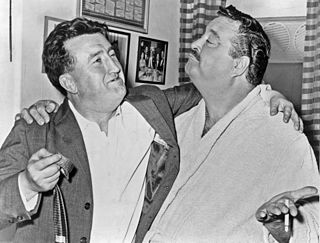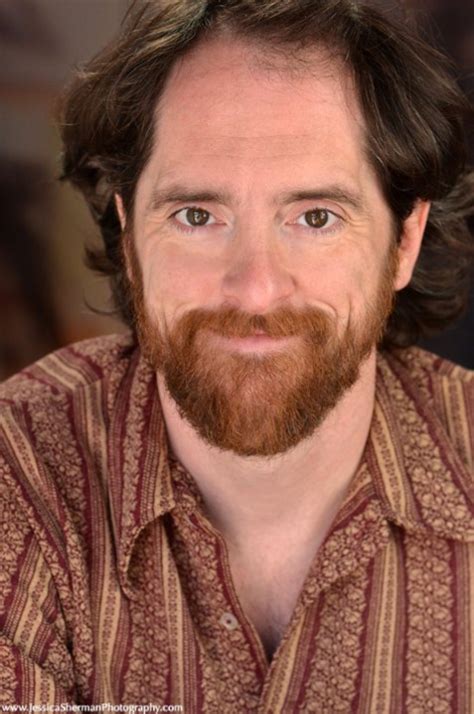A Quote by Ian McElhinney
One of the problems that comes up time and time again seems to be this notion of being 'pure' Irish. If you are Protestant, born in the Northern part of the island and deeply into the Protestant tradition, that somehow does not make you a legitimate Irish person. Yet there is a huge British influence in parts of the South.
Related Quotes
We all have views on what our Irishness means to us. Two members of the band were born in England and were raised in the Protestant faith. Bono's mother was Protestant and his father was Catholic. I was brought up Catholic. U2 are a living example of the kind of unity of faith and tradition that is possible in Northern Ireland.
All my family look Irish. They act Irish. My sister even has red hair... it's crazy. I'm the one that doesn't seem Irish. None of the kids in my family, my siblings, speak with an Irish accent... we've never lived there full-time; we weren't born there. We just go there once or twice a year. It's weird. Our parents sound Irish, but we don't.
My background is Protestant so I benefited from the great Bible teaching that was provided there... I did love the more culturally classical things, like Irish music, which I think is some of the most congregational-style music when you think of... 'St. Patrick's Breastplate' (and) 'Danny Boy.' These are traditional Irish melodies. I think being brought up there (Ireland) gave me a sense of melody that is very attuned to congregational singing.
I'm Irish as hell: Kelly on one side, Shanley on the other. My father had been born on a farm in the Irish Midlands. He and his brothers had been shepherds there, cattle and sheep, back in the early 1920s. I grew up surrounded by brogues and Irish music, but stayed away from the old country till I was over 40. I just couldn't own being Irish.
All these mountains of Irish dead, all these corpses mangled beyond recognition, all these arms, legs, eyes, ears, fingers, toes, hands, all these shivering putrefying bodies and portions of bodies once warm living and tender parts of Irish men and youths - all these horrors in Flanders or the Gallipoli Peninsula, are all items in the price Ireland pays for being part of the British Empire.
Protestants attacked Catholics during the 1844 Nativist riots in Philadelphia. Guess what that was about? Anti-immigrant sentiment. Back then, it was the influx of Irish Catholics into the city. Now, it's Donald Trump clinging to a bygone notion of Protestant ascendancy and nativist sentiments, when mainline Protestantism is on the wane in the U.S.
No Irish nationalist could support any treaty which institutionalizes British government claims to a part of Irish national territory. Indeed, the term - 'constitutional nationalism'- used by Mr.Mallon (SDLP) and his colleagues to describe their political philosophy is a contradiction in terms. The only constitutional nationalist in Ireland today is Sean McBride. He puts his nationalism within a framework of Irish constitutionality. Mr. Mallon, however, puts his within the framework of British constitutionality. Irish nationalism within British constitutionality is a contradiction in terms.
